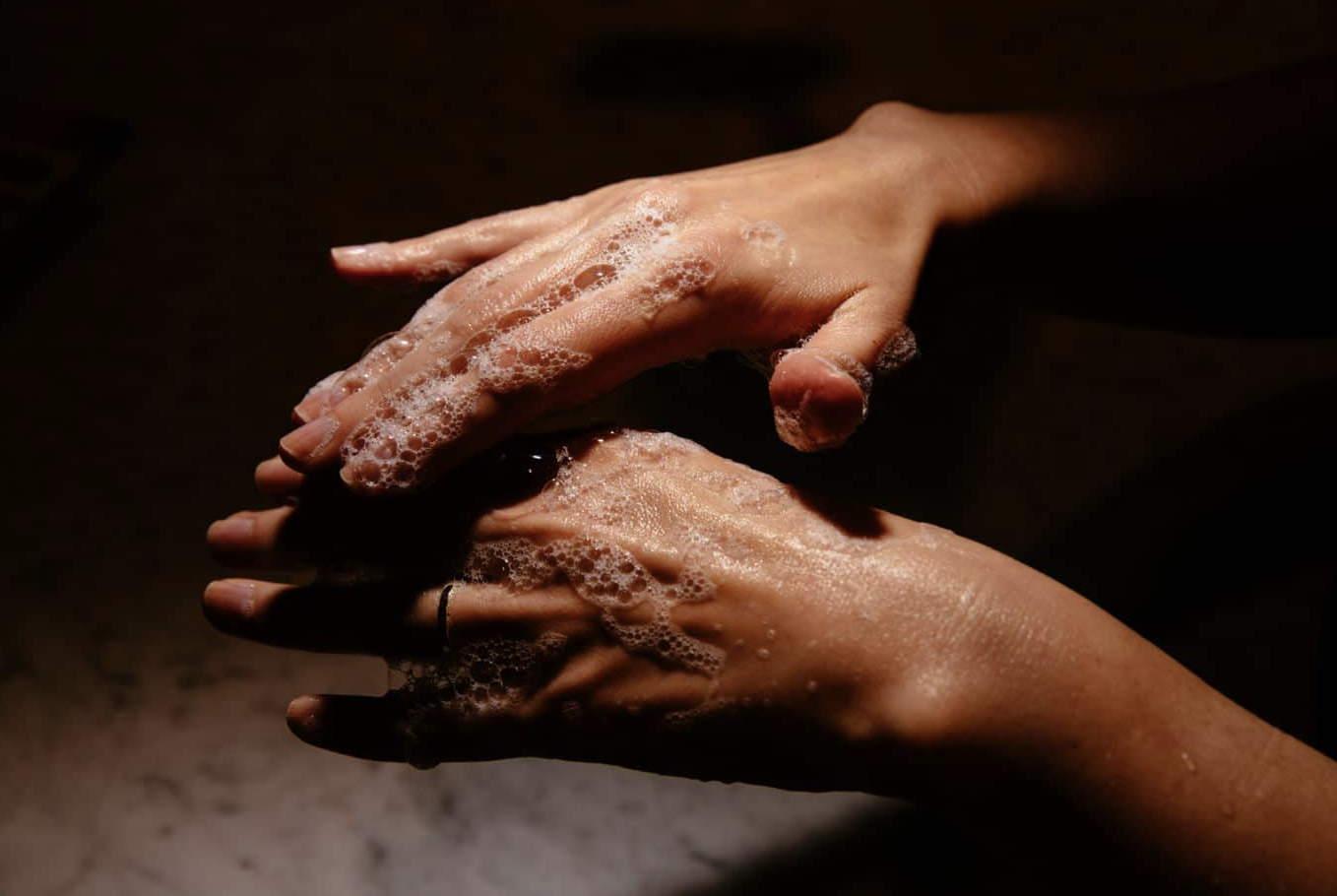
The spread of a novel coronavirus beginning in the winter of 2019-2020 represents both a major global public health challenge and a set of personal challenges regarding how we understand ourselves and our world. Our AGEIST community is clearly not immune, and in unanticipated ways, may be especially vulnerable.
We often reference today our experience of an accelerating dizzying rate of change, but development of faster and less expensive technologies is not life-threatening. The novel coronavirus, now named COVID-19, kills. And beyond personal exercise of basic hygienic practices, its global impact, for the most part, feels out of our control. We can choose not to buy the first 5-G phones or self-driving cars or the first consumer tickets to outer space, but we have learned over the past several months that we cannot outrun a virus. There is no escape.
COVID-19 Incites Panic Because It’s New
As this is a new virus, we do not yet fully understand how it operates. We do not yet have effective treatment. We are confronted with a constantly changing narrative: COVID-19 is highly contagious; it is not; it carries a mortality rate of 1%; it is lethal in 4% of those infected. Headlines change daily. While it is easy to point fingers at an authoritarian Chinese government and its campaign of disinformation, the political climate within the United States has, at times, also fostered confusing messages with lack of clarity and attendant anxiety.
What incites panic is that COVID-19 is new. In the US and other developed countries, mystery illnesses are rare. We are accustomed to easily accessing information which allows us to formulate plans of action.
Some initial epidemiologic findings, however, do appear clear, and indeed echo experiences with earlier coronavirus outbreaks. Three known viruses - SARS, MERS, and now COVID-19 - fall within the category of coronaviruses, which derive their names from the spiky crown of proteins on the viruses’ outer shell. Certain populations are especially vulnerable.
There is consensus that with COVID-19, “older persons and persons with pre-existing medical conditions … appear to develop serious illness more often than others.” [1] By serious illness, the World Health Organization includes death.
During the original SARS outbreak in 2003, the general fatality rate was 10%, jumping to 50% in people over the age of 50. There was a similar pattern of fatalities with MERS in 2015. [2]
Coronavirus and Age
What is the definition of “older” for COVID-19? At this point, only one answer is clear. We do not know.
What we do know more generally:
- COVID-19, like the viruses responsible for SARS and MERS, affects the part of the lungs where gas exchange — delivery of oxygen to the bloodstream and removal of carbon dioxide - takes place.
- Older laboratory animals experience more inflammation early in the course of other coronavirus illnesses, perhaps setting the stage for lung damage that cannot be overcome.
- We experience structural changes with age. Our lungs are not as elastic or as resilient and this may compromise airway and respiratory function.
- As we age, our immune system does not function as well.
Exercise Responsibility
Our AGEIST community celebrates agency. We joyfully embrace opportunities to live longer and better than ever before. But these opportunities require exercise of responsibility, as well.
Our AGEIST community believes age is more than a number. Age also reflects attitude, openness, a willingness to defy stereotypes and tradition.
But when is it also a number?
Webster’s Dictionary defines aging as “becoming old” — “showing the effects or the characteristics of increasing age.” Structural lung changes and impaired efficiency of our immune system are changes related to aging. There, of course, will be a continuum of impact, reflecting our genetic makeup, as well as epigenetic directives to the expression of our genes.
Longevity science in 2020 is not what it will be in 2030, 2040 or beyond.
Our Immune Systems Reflect Our Age
No matter how much we embrace healthy living, nutritional consciousness, regular physical activity, meditation and good sleep, our immune systems today still reflect, in part, our age. No matter how much we reject demeaning and restrictive stereotypes and embark on lifestyles consistent with liberated values and spiritual awareness, our immune systems will still reflect our age.
We must focus our agency on embracing inherent duality and contradiction. This is the stark metaphor for this virus.
While we are redefining what age means, we are still older. We must pay attention to longevity science, but come to terms with the fact that its most exhilarating applications are still in the future. Let us understand more about gene editing and synthetic biology. But let us come to terms with the fact that it will be our children and grandchildren who directly benefit in terms of transformative change. We can joyously celebrate the view, but the greatest applications of longevity are likely beyond our personal experience.
Let Us Be Conscious and Alert
This is indeed a confusing time. Nonetheless, despite our aging immune systems, we can spearhead consciousness and attention to quality science. We can treat ourselves and each other with compassion and generosity. COVID-19 is an unknown, but unlikely to represent existential threat, although it has, and will continue to wreak great suffering on many. Let us lean into it with the wisdom and intellect honoring the best of our age. Let us be conscious and alert. Let us support our community. And let us wash our hands.
References:
-
World Health Organization. “Q&A on coronaviruses (COVID)”. https://www.who.int/news-room/q-a-detail/q-a-coronaviruses]
-
“Coronaviruses hit seniors the hardest.” Quartz. https://qz.com/1794241/seniors-seem-to-have-the-highest-risk-of-dying-from-coronavirus
This article was written for, and published by, The Ageist on March 6, 2020.
